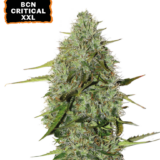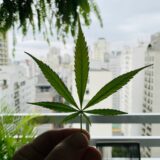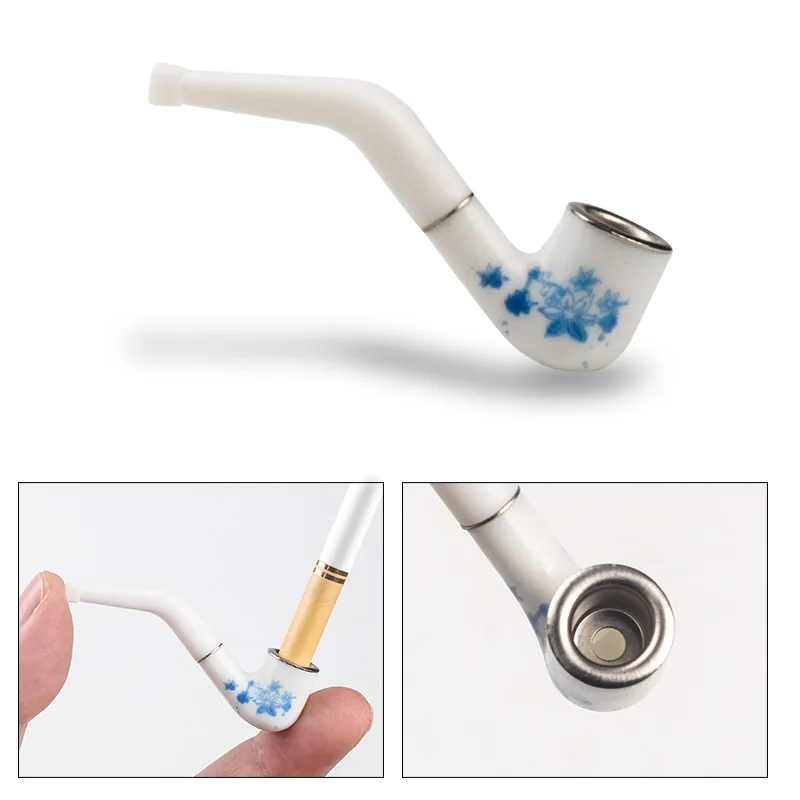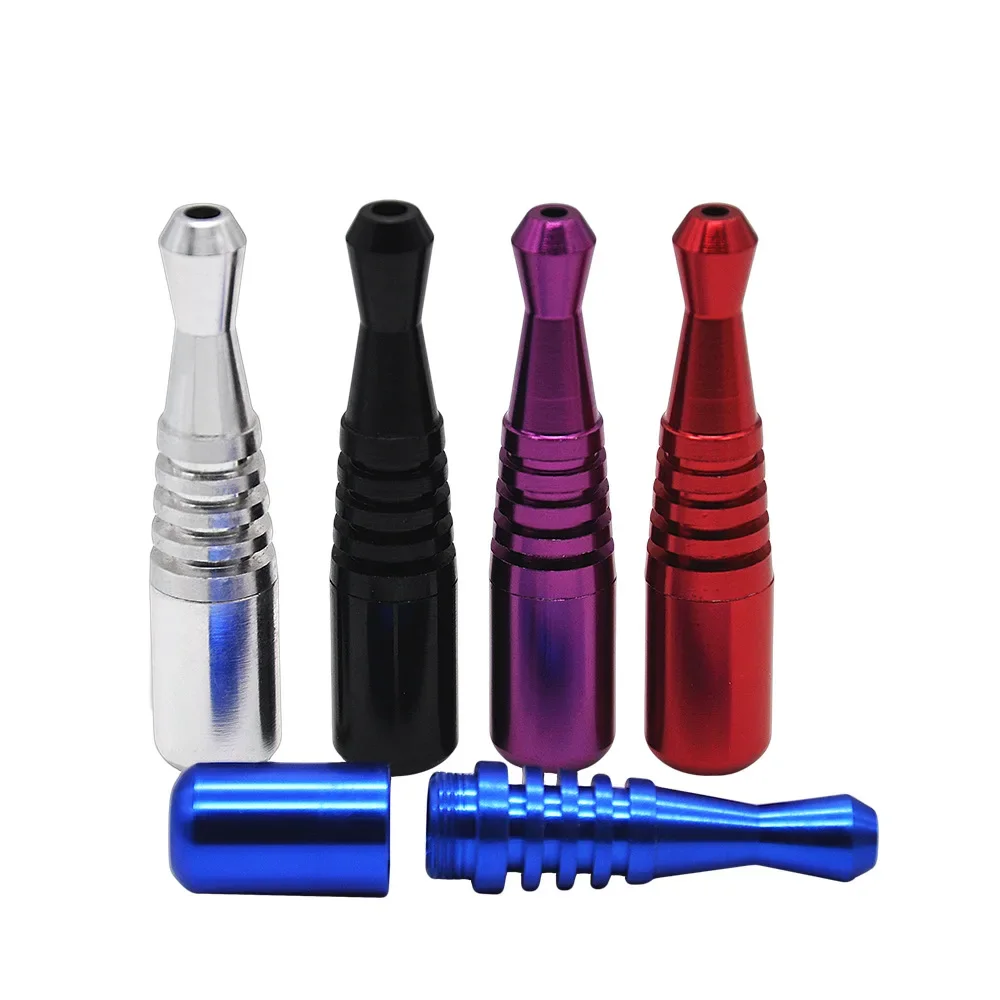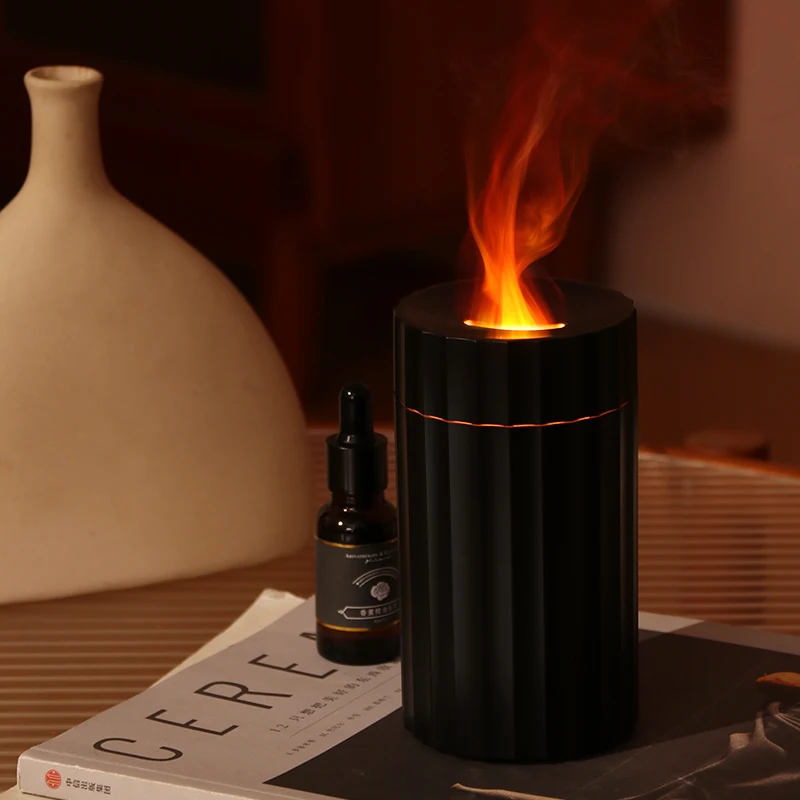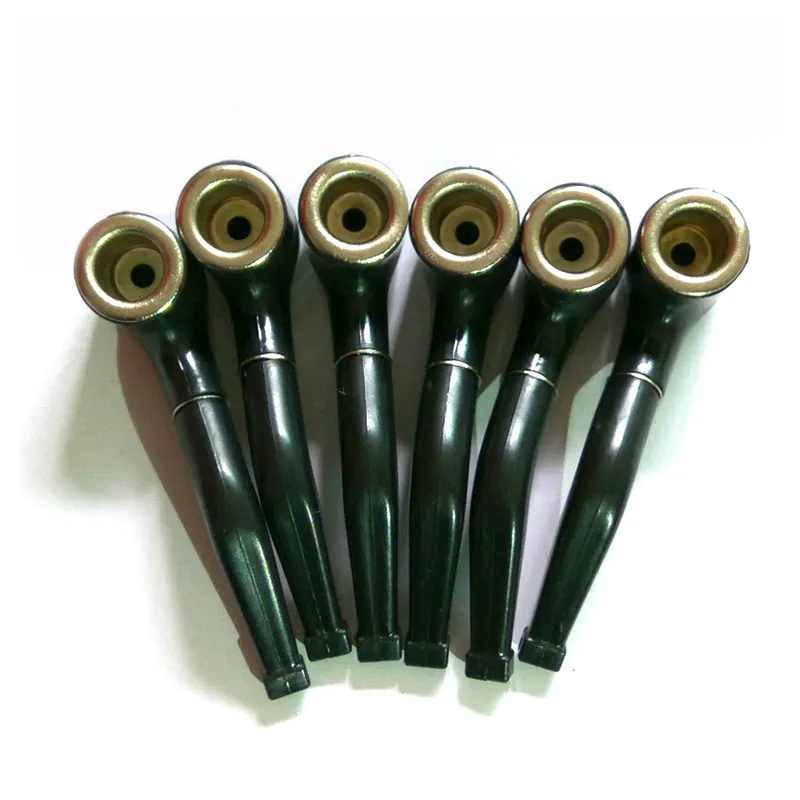…and still doesn’t know what to do about it
In 2018, Congress slipped a decimal point into law and, without meaning to, opened the gates to a new cannabis economy.
The Farm Bill’s definition of hemp (any cannabis plant with less than 0.3% delta-9 THC on a dry weight basis) was supposed to revive rope, seed oil, and maybe a wellness aisle or two. Instead, it gave birth to lab-cooked cannabinoids.
As expected, some people noticed what lawmakers didn’t: if hemp is legal so long as its delta-9 stays under the line, you can plant acres of it, strip out the CBD, and nudge the molecules into other substances. Delta-8. Delta-10. THCP. THC-O.
A new chemistry of cannabis, far from the natural experience of burning the flower.
The best part for these brave entrepreneurs is that it’s sort of legal.
In prohibition strongholds like Texas, you can’t buy a joint of real weed, but you can walk into a strip-mall vape shop and pick up hemp-derived highs. As always, the cracks in substance-based prohibition design gave birth to new productive practices.
What began as a dry legal definition mutated into an alchemy business that, for years, sat on gas station counters, truck stops, and e-commerce sites. A black-light market hiding in plain sight.
By 2024, the “intoxicating hemp” sector had already grown into a $28 billion market.
The Politics of a Decimal Point
Mitch McConnell thought he was saving Kentucky farmers when he wrote hemp into the Farm Bill. He pictured fields of fiber, a patriotic revival of rope and grain. Kentucky’s line against cannabis was firm, but hemp… that seemed safe.
Six years later, his decimal point has grown teeth. House Republicans like Mary Miller now want hemp narrowed to “naturally occurring, non-intoxicating cannabinoids,” a surgical strike aimed straight at delta-8. In the Senate, Debbie Stabenow wants to count “total THC,” closing off the raw biomass trade altogether. Draft appropriations language circulating in D.C. would simply erase hemp-derived products from the map.
This is highly unlikely to happen, given that the hemp lobby has risen together with its market.
I was at an academic congress recently in Rio de Janeiro, where a UN bureaucrat explained that the U.S. government, with carbon credits, aimed to kick off an economy that would eventually lead to the formation of lobbyists defending the policy that created them. Eventually, this would lock the policy in, which would be good for the planet, since every serious climate scientist agrees that if we don’t change course, we will see increasingly dramatic climate events. The problem is that, unfortunately, it didn’t happen. Economic interests weren’t enough to create a strong lobby, and the carbon credit market suffered when political winds shifted.
This is a good anecdote to reflect on hemp, where practically the exact opposite happened: the state unintentionally created a business and, when governments decided it was time to put it to rest, lobbyists were already powerful enough to resist. This happened in Florida, for instance, where the unlikely alliance between an anti-cannabis governor and a well-funded hemp lobby triumphed over the (much criticized) AM3.
These aren’t moral crusades so much as power struggles. On one side, the hemp lobby: processors, retailers, and growers, especially in the South, where cannabis is still illegal and hemp jobs are real. On the other hand, licensed cannabis operators argue the loophole is eating their market alive.
In California, the opposite situation played out: under Gavin Newsom, hemp-derived products were pushed out. Collateral damage included organic hemp wellness companies, suddenly criminalized overnight, and families that relied on hemp-based products for treating particularly rare diseases.
Conservative governors in farm states defend hemp. Liberal governors in cannabis states call for bans. Some sort of crop politics was formed.
Alchemy
Step away from the Capitol and the absurdity sharpens. A pre-roll infused with Delta-8 sits between Slim Jims and lottery tickets. Neon gummies, branded like candy, fall into shopping baskets with beer and gasoline. Online, cartridges ship across state lines in glossy packaging, indistinguishable from sneakers or supplements.
Also read: When Cannabis Brands Blur Into Youth Culture, Regulators Notice: Lessons From Tobacco’s Past
Before Newsom banned hemp-derived products, there were dozens of cannabis retailers in California moving from the legal cannabis space into hemp, including some big companies that decided to launch online stores.
Dispensary culture comes wrapped in vault doors, compliance manuals, and QR-coded lab results. Gas station weed thrives on convenience. No budtenders, no seed-to-sale, no tax lines. In half the country, the only cannabis you can buy freely is the one conjured through alchemy.
States Strike Back, States Look Away
The map is jagged. Colorado, New York, and Washington pulled intoxicating hemp into their cannabis frameworks: if it gets you high, test it, label it, tax it. Texas lawmakers voted to ban delta-8, only for a veto to keep the market alive, if shaky. Florida’s governor vetoed restrictions outright, delivering hemp lobbyists their biggest win against the biggest cannabis companies in the state, which burned around $100 million trying to make adult-use legal.
Elsewhere, compromises abound: Alabama licenses edibles but bans smokables. Nebraska toyed with criminal penalties so vague they might have hit ordinary consumers.
The Farm Bill legalized the workaround. In dry states, consumers buy it because there’s nothing else. In legal states, some drift to it because it’s cheaper, untaxed, and unburdened by 280E. The main justification for prohibiting these products in legal states has been the systematic targeting of children and phony labeling.
The real issue isn’t the cannabinoid; it’s the complete lack of oversight. When lab-made or hemp-derived products are pumped out with no testing, no dosing accuracy, and no accountability, consumers get burned and the entire plant takes the hit. But it doesn’t have to be that way. THCa flower grown with real genetics, properly lab-tested, labeled, and sold transparently, can be just as safe and effective as any dispensary product. The difference isn’t hemp versus cannabis. The difference is standards versus chaos.
Prohibition Doesn’t Work
There’s another path. Experts agree that prohibiting a molecule is ridiculous: scientists haven’t even been able to describe every cannabinoid in the plant.
What we know is a drop; what we don’t know is an ocean.
Regulators could admit that cannabinoids are cannabinoids, whether coaxed from hemp or cut from cannabis. One framework, one set of standards, one tax regime. License the labs, test the batches, label them clearly, and tax rationally.
Of course, that would mean dragging gas station weed out of the neon blur and into the same daylight as dispensary flower. It needs conviction and guts because entrenched interests have already been created.
Editor’s Note: High Times believes in safe access to all forms of cannabis. That’s why our own THCa line is lab-tested, terp-rich flower, not gas station mystery products. If policymakers are serious about consumer safety, this is what the standard should look like.


